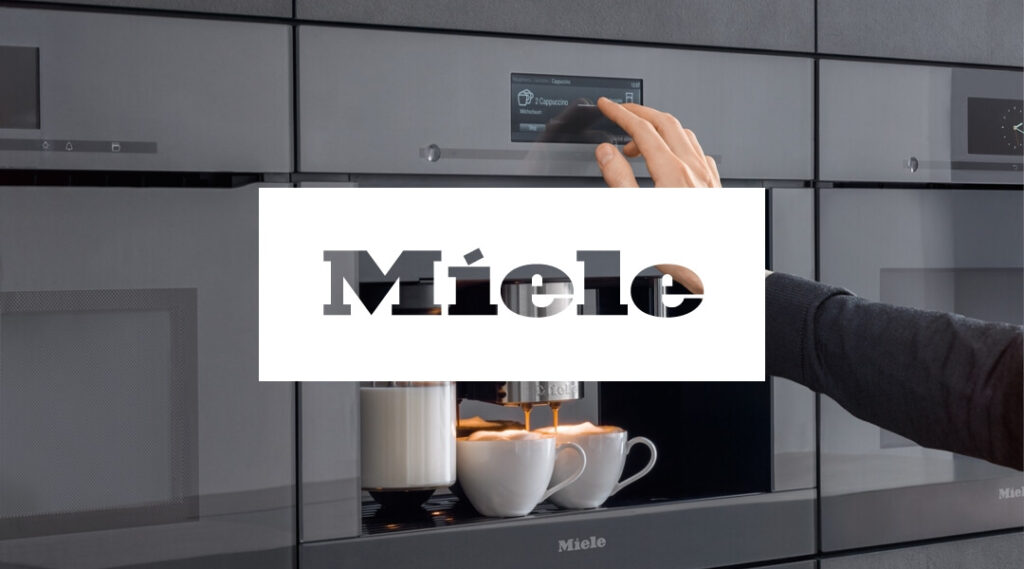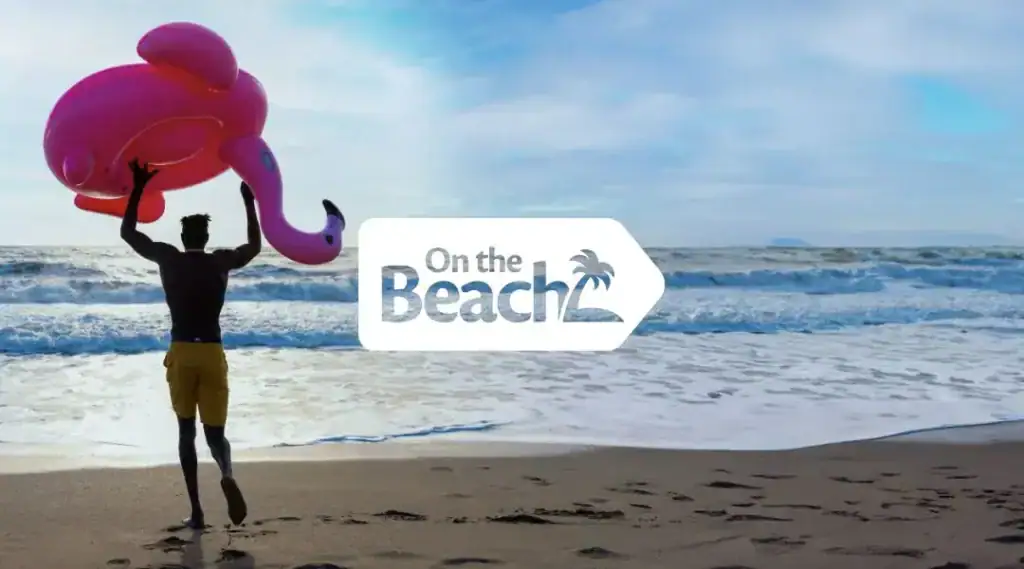your invite email
No theory. Just real campaigns, real results, and real marketers sharing what actually moved the needle. Get inspired by brands like yours — and start turning ideas into impact.












The Challenge
With a lean marketing team, an audience of diverse fandoms, and dozens of product drops every month, Sideshow needed a faster, more relevant way to launch campaigns.


The Challenge
UK’s leading online holiday package company, On The Beach offers fully customizable travel packages – mixing flights, hotels, dates, and more – giving customers complete flexibility. However, this makes personalized marketing a real challenge for On The Beach.

The Challenge
Hobbycraft‘s ecommerce journey hit a wall with their previous rule-based search solution that couldn’t handle the vibrant complexity of their 27,000+ SKU universe spanning dozens of creative verticals, resulting in:

The Challenge
TFG was aware of recent advancements in AI technology that would open up new ways to connect with customers. However, since conversational AI is still a new technology, TFG had concerns:
Despite its rich history and extensive florist network across France, Italy, Spain, and Portugal, Interflora faced several obstacles in delivering a unified and personalized digital shopping experience. While its local florists continued to drive exceptional in-store service, the company’s online experience had yet to reflect the same quality and care.
Here’s what Interflora was up against:
Pollard Banknote knew it needed to be a market leader in the digital space to provide innovative engagement strategies and elevated player experiences for its lottery clients. In particular, it needed the capabilities to identify active players and create customer journeys that adapt to meet their needs.
The company wanted a best-in-class solution that could harness customer data in real time to fuel targeted marketing campaigns and foster meaningful player engagement, which made Bloomreach Engagement the right choice to power its loyalty program.
With a primary focus on ecommerce, Adlibris recognized the need to orchestrate personalized experiences for its customers. Knowing its audience on an individual level and building marketing campaigns to meet their needs was a priority for the brand, which is why Adlibris sought out a marketing technology that could consolidate, activate, and orchestrate its data to truly connect with its customers.
To create the personalized connections that Adlibris aimed for, the company needed marketing technology that could offer a complete view of the customer journey, along with the orchestration capabilities to make every touchpoint matter. That’s why Adlibris chose Bloomreach Engagement — our limitless solution provided the tools the brand needed to achieve its goals.
Despite its strong offline success, Wolseley encountered significant challenges as it worked to transform its digital product discovery experience online. Operating across the UK and Ireland with a massive catalog of 500,000 products — including 300,000 available online — Wolseley struggled to deliver accurate, segment-specific search results for its varied professional audiences in plumbing, HVAC, building services, and infrastructure, which would help the brand cater to a new generation of buyers.
Here’s what Wolseley was up against:
Yeo Valley Organic wanted to strengthen its community-focused appeal beyond supermarket shelves while rewarding customers who choose organic products. However, its existing loyalty approach wasn’t maximizing engagement or business impact.
The brand needed a platform that could deliver its unique “Farm to Fridge” experience digitally while maintaining its core values of fun, inclusivity, and community support.
Marine retailer Defender found that it was seeing great in-store success, but now needed to find a way to expand that success online. To achieve this, Defender knew it needed to address several key obstacles with its online experience:
With a wide range of products and a customer base that spans different age groups, languages, and shopping preferences, Patrick Morin recognized that its on-site experience needed to be both accurate and intuitive to keep pace with the expectations of shoppers. The brand also had to balance operational efficiency with the ability to deliver personalized experiences at scale and better accommodate customers in the fluid home renovation market.
However, Patrick Morin’s tech setup created several roadblocks:
With real-time data and AI fueling every campaign, you can unlock the next level of customer experience.
